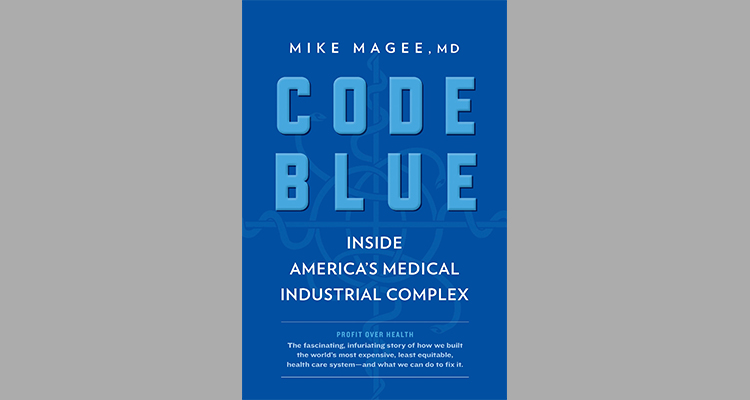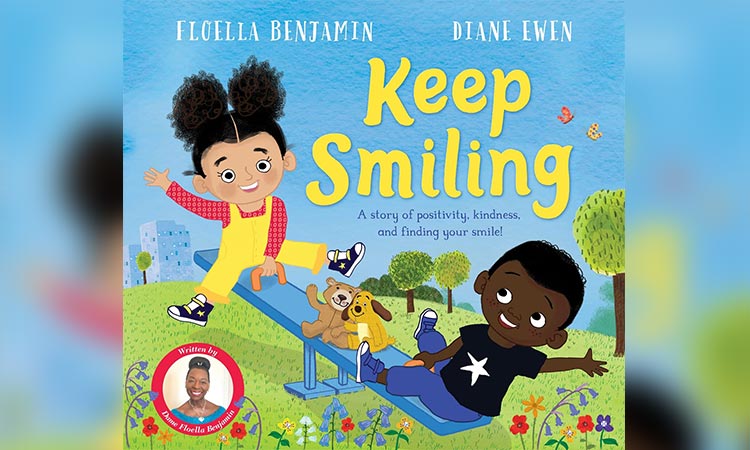‘Code Blue,’ by Mike Magee

Although an opioid-abuse epidemic was raging, doctors who had access to the addictive drugs were brazenly selling them to addicts with no pretense of medical treatment, including one case in which a Memphis physician was doling out thousands of scripts in exchange for cash.
One “patient” crossed state lines and got 10 opioid prescriptions, under 10 fictitious names from the Memphis doctor, despite new federal laws designed to keep the drugs out of addicts’ hands. Yet the doctor felt so persecuted that he took his case all the way to the U.S. Supreme Court.
In “Code Blue,” a much buzzed-about book coming out this week, author Mike Magee dredges up this anecdote from 1919 and many others to show readers that the present dysfunction in U.S. health care is not an aberration, but a persistent feature of a system ruled by self-interested institutions. The book depicts more than a century of bad behavior by what Magee, himself a medical doctor, refers to as the Medical Industrial Complex.
The book exposes how doctors, drug companies, hospitals, pharmacies, insurers, lawmakers and special interests have colluded over the years to protect their own turf and profits, despite relentless public demand for a system that serves patients instead of entrepreneurs.
Nixon wasn’t known for embracing liberal-leaning policies. So if he could find reason to criticize a lack of competition in our health care system and support for the tenets of universal health care coverage, how has the United States avoided adopting stronger policies to make the health care system work for patients?
But the material on Big Pharma is where the books cut deepest. As a former VP of global medical affairs for Pfizer, Magee describes a world in which needed drugs are not produced because profits don’t justify it, but huge research-driven pharma companies cry foul when their work benefits the public cheaply after patents expire.
And if drugmakers chafe at the FDA and the regulations on their activities today, the anecdotes of the past show the industry has only itself to blame for piquing public ire.
For example, in 1937 drugmaker S.E. Massengill of Bristol, Tenn., became infamous for shipping 240 gallons of a medicine laden with the toxic industrial chemical diethylene glycol to distributors in 31 states. More than 100 people died, including dozens of kids.
Massengill paid a government fine of $24,500, and company head Samuel Massengill later wrote, “My chemists and I deeply regret the fatal results, but there was no error in the manufacture of the product. … I do not feel there was any responsibility on our part.” Massengill later became the trade name for a douche.
Tribune News Service







